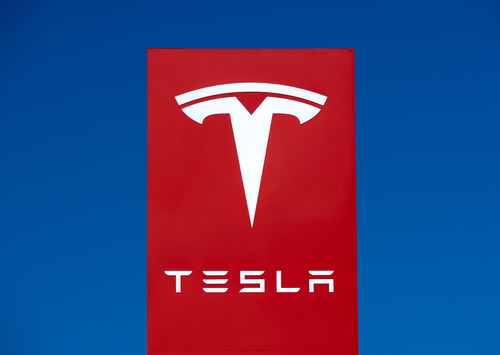
After his main on board computer screen suddenly froze, Javier Rodriguez’s Tesla Model 3 was stuck at 83 mph as he traveled on the Interstate 10 Freeway.
The vehicle became hot and there was a weird smell, he said. All of the buttons and switches, including turn signals and hazard lights, stopped working. Even the accelerator was frozen, according to a report by KABC News in Los Angeles.
The Tesla’s Model 3 owner managed to steer the vehicle over to the shoulder of the California freeway. Fortunately, his brakes worked, and after he stopped, the system rebooted within a few minutes. However, he chose to have the vehicle towed to the dealership out of fear it would happen again and someone might hit him.
Tesla managed to fix the vehicle, but provided few details to the owner about what happened. They told him they diagnosed the problem as poor communication from the charge port door that caused the power conversion system to shot off as a way of protecting on board components while driving.
Not surprisingly, Javier Rodriguez has concerns this might happen again.
In fact, the Tesla Model 3 is known to frequently reboot while driving, but typically it doesn’t affect the vehicle’s drivability, according to EnginePatrol.com.
Owners of Tesla electric vehicles have growing concerns about reliability. Indeed, the electric vehicle maker has had numerous recalls over the past year.
Tesla Recalls over the past year:
October
- Tesla recalled close to 12,000 Model S, X, 3 and Y cars (2017-2021) due to false warnings of a possible forward collision that unexpectedly triggered emergency brakes. Tesla fixed the issue by uninstalling the version of the software causing the glitch.
- More than 2,800 Tesla Model 3 vehicles (2019 and 2021) and Model Y vehicles (2020 and 2021) were recalled. The problem: loose front suspension bolts. These may cause instability and adversely impact vehicle controllability.
November
- Just 826 Tesla Model Y vehicles (2020 to 2022) recalled for possible weak suspension knuckles. This reportedly caused the suspension links to separate and could lead to a crash.
- Some 7,600 Teslas recalled due to airbags that could tear when used. The issue affects 2021 Model X and Model S Teslas.
December
- Tesla issued a recall for roughly half a million Tesla Model 3 vehicles. The cars had issues with the trunk latching systems.
January
- The nation’s largest EV manufacturer recalled 53,822 U.S. vehicles with the company’s Full Self-Driving (Beta) software. Some models were conducting “rolling stops.” Apparently, the vehicles failed to come to a complete stop at certain intersections.
- Nearly 580,000 Teslas recalled due to its “Boombox.” This is a music feature which allows drivers to play external sounds while in motion. The problem is it could potentially obscure Pedestrian Warning System sounds.
February
- 817,000 Teslas recalled because a faulty sound alert. The alert didn’t go off when the vehicle starts and the driver hasn’t buckled their seat belt. (Model S and Model X 2021-2022, Model 3 2017-2022 and Model Y 2020-2022. Tesla said it would fix the issue with a software update.
- Also, Tesla recalled nearly 27,000 U.S. vehicles over software that affects windshield visibility in cold temperatures.
April
- Nearly 595,000 vehicles in the U.S., recalled for a second time. A “Boombox” function can play sounds over an external speaker obscuring audible warnings for pedestrians.
California Lemon Law Attorney James Johnson

Did you purchase a Tesla Model S, Model X, Model 3 or Model Y with a major safety issue? If so, you may need help. Also, vehicles in the shop for 30 days or more may have a cause for legal action.
California Lemon Law Attorney James Johnson will review your case and let you know if it qualifies as a lemon.
Also, we recommend that you obtain an invoice for all repairs and recall visits from the dealership. These documents will support your potential case. Should the vehicle experience repeated issues or become a safety risk, these documents support the Lemon Law Claim. Contact us for a free case review at (888) 941-9424.
